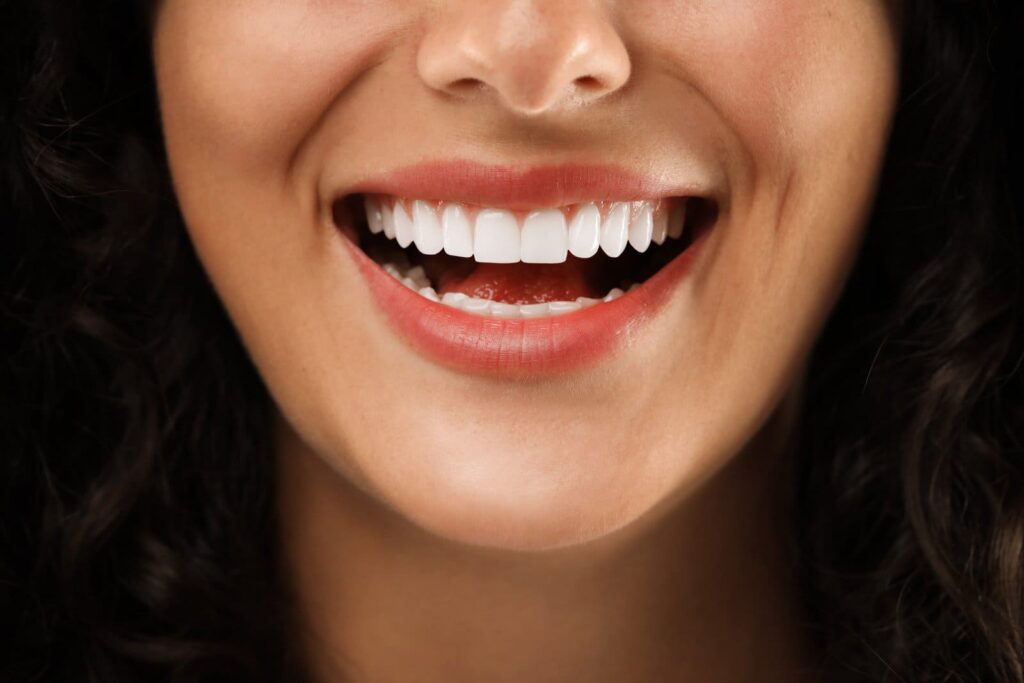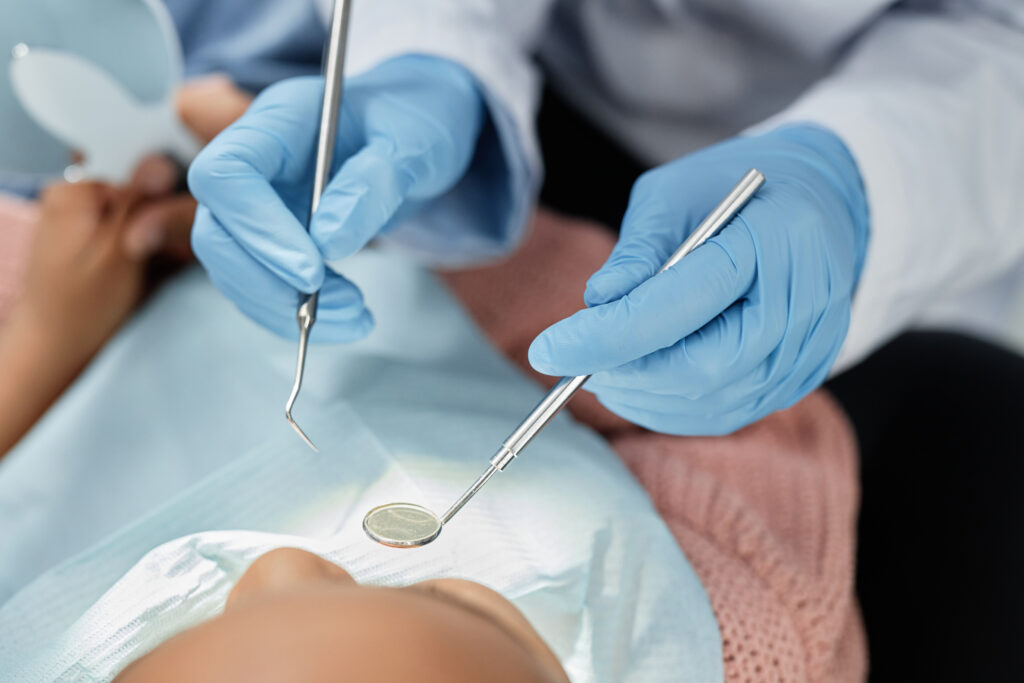
Sometimes, an infection in the tooth near the pulp can be causing the sensitivity. In this case, you may need a root canal to have the infected pulp removed.
How to Deal With Tooth Sensitivity
Try a Different Toothpaste
Certain kinds of toothpaste can increase tooth sensitivity. These are often toothpaste focused on whitening or tartar-control toothpaste with sodium pyrophosphate as an ingredient.
Fortunately, there is toothpaste designed specifically for people with sensitive teeth. If you use one of these, it’ll take about a month before you start to notice any reduced sensitivity to certain foods.
Use Soft-Bristled Brushes and Be Gentle
Hard-bristled brushes and rough brushing is harmful to both your gums and teeth. In terms of sensitivity, these can wear down the surface covering the tooth root and lead to more sensitivity and pain.
First of all, replace your toothbrush with a soft-bristled brush as soon as possible. Even after doing so, make sure your brushing is gentle. If you notice the bristles look flat when brushing, you’re pressing too hard.
Avoid Acidic Foods
Acid is one of the main culprits responsible for eroding your tooth’s enamel. Some of it comes from bacteria consuming sugar, but acidic foods also play a part. Cut down on citrus fruits, tomatoes, and other foods with a lot of acid content. Even coffee has acid — not to mention the heat from the coffee (or cold if it’s iced) will create more pain.
Should I See a Dentist?
If you have consistent sensitivity to heat and cold over 3-4 days, it might be more than a random incident — it could indicate an issue with your tooth.
In this case, you should have a dentist look at your tooth. You may have tooth decay or pulp infection. Your dentist can determine what the issue is and prescribe the right treatment to solve the underlying issue and reduce the sensitivity.
So if you’re feeling sustained tooth sensitivity in Philadelphia, schedule an appointment with Absolute Smile right away. We’re happy to take a look and get you back to a tooth-pain-free life. Contact us today!Are you unable to enjoy hot coffee/tea or a refreshing bite of ice cream without your tooth yelling at you in pain?
You’re not alone — tens of millions of Americans face a similar situation every day.
Below, we’ll explore why this tooth sensitivity happens and what you can do about it.
What Causes Tooth Sensitivity?
Here are some of the most common causes of tooth sensitivity.
Cracked or Chipped Tooth
A cracked or chipped tooth often exposes the nerves within the teeth. With the nerves more exposed, you’ll become more sensitive to different temperatures.
Tooth Decay/Enamel Wearing
Tooth decay occurs as bacteria consume the sugars and food particles left in your mouth and turn them into acid. This acid wears through the enamel and leads to tooth decay.
As the enamel and tooth wear down from the acid, there is less protective material between the nerve and the outside world. Thus, hot and cold foods can be painful to consume.
Gum Disease/Recession
Gum disease affects tens of millions of Americans. When left untreated, gum disease leads to inflamed and receding gums. This both exposes more sensitive parts of your teeth and can cause teeth to loosen and fall out.
Loose or Worn Fillings
Fillings replace any part of a tooth you may have lost. If these loosen or wear down, they might re-expose the nerves in the tooth that has the filling — leading to heat and cold sensitivity.






